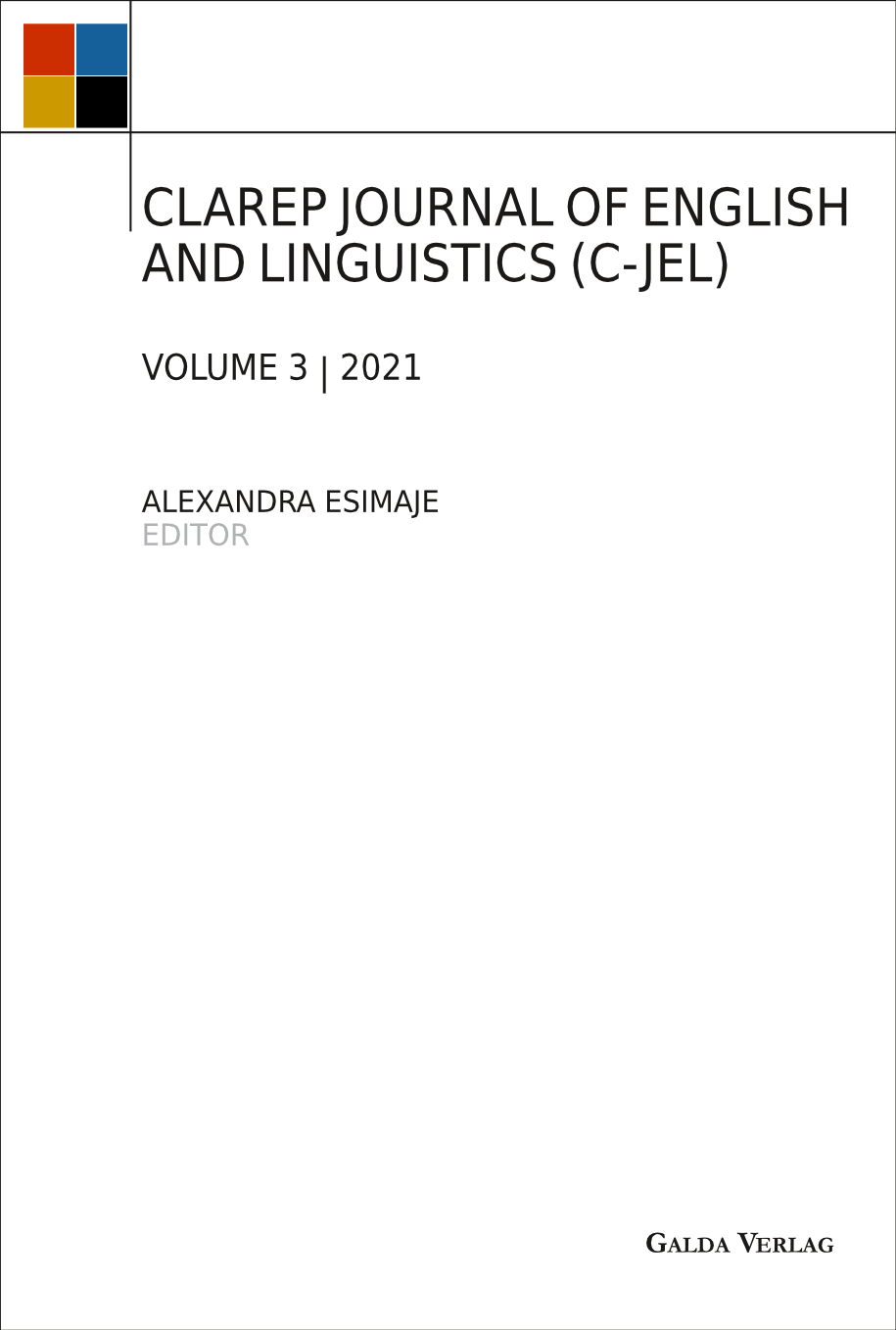The Teaching and Learning of English Sentence in Africa: The Nigerian Perspective
CLAREP Journal of English and Linguistics (C-JEL)
Author: Michael Alozie Nwala
Institution: University of Port Harcourt, Nigeria
Email: mikeson100@yahoo.com
Abstract
The chapter investigates the theoretical productivity and applicability of teaching and learning English grammar, using the sentence as a test case in Nigeria – a multilingual and multicultural nation. The chapter describes the basic syntactic rule for the formation of sentence, the two syntactic categorisation of sentence and the inability of the use of the Contrastive and Error analyses to effectively teach and learn the English sentence in a typical Nigerian classroom. The theories as noted in the chapter are pedagogically okay on their own but too regimented and pragmatically incongruous in a pluralistic sociolinguistic and sociocultural Nigeria. In addition to the inappropriateness of the theories, are issues of paltry budget and unfriendly policies of the Nigerian government; unqualified, and poorly motivated teachers, a-near non-existing curricula and modern pedagogical experience and non-conducive social environment. The chapter sues for the use of workable theories that are freely interactive, accommodating and environmentally friendly in teaching and learning English in Nigeria, such as, the Interactional, Environmental and the Accommodation theories. And concludes that for a goal-oriented and effective English teaching and learning exercise, to take place, all hands must be on deck: the government must live up to her responsibilities, and teachers must be professionals, who teach with passion.
Keywords
Theory, teaching, learning, English sentence, motivation, grammar
Pages: 153-175
ISSN: 2698-654-X
ISBN: 978-3-96203-205-0 (Print)
ISBN: 978-3-96203-206-7 (PDF)
DOI: https://doi.org/10.56907/g34eci3a

